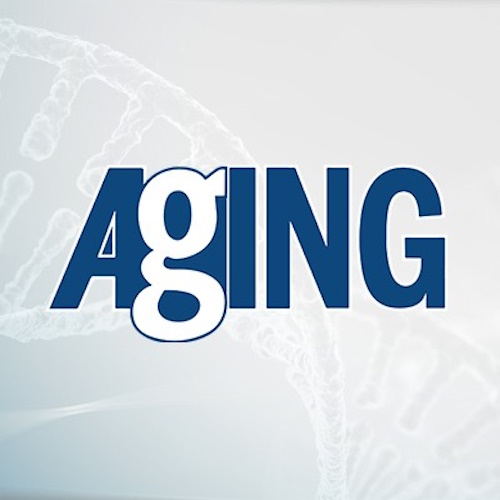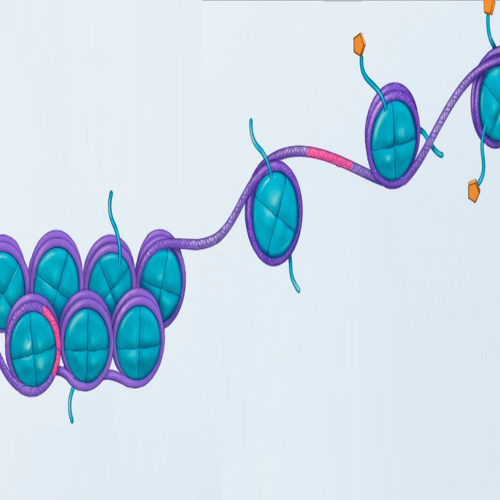Key points from article :
Scientists developed an epigenetic age score to quantify the biological age.
Epigenetic age score could identify risk of later dementia, facilitating early intervention.
“This could help individuals modify their lifestyle and bring awareness to people with accelerated aging,” said Hou, senior study author.
The score measures DNA methylation of several genes and is designed to interpret in comparison to chronological age.
“There is a need for easily accessed, quantitative biomarkers,” - Yinan Zheng, co-author of the study.
Accelerated epigenetic age in midlife was predictive of cognitive performance five to ten years later.
Adding brain age information further improved the prediction accuracy of epigenetic age, said Zheng.
Epigenetic age, coupled with brain age, could be a useful early screening tool to identify risk of dementia or Alzheimer’s disease.
These aging markers need to be further calibrated and validated in an older cohort.
Study by Feinberg School of Medicine published in Aging.






